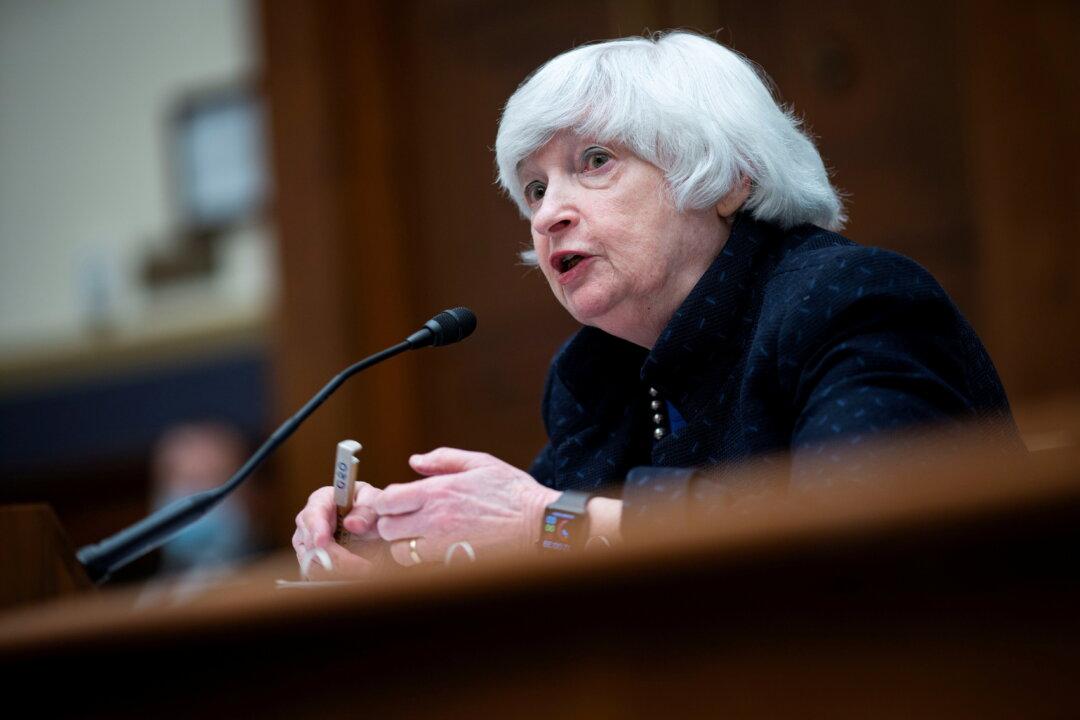Treasury Secretary Janet Yellen said Friday said she continues to see inflation as a temporary supply side-driven phenomenon that will normalize next year, and that President Joe Biden’s big spending package will actually have an anti-inflationary effect by smoothing some supply-side dislocations and footing the bill for some costs facing American families.
Yellen made the remarks in separate interviews on CNN, CNBC, and CBS in Rome, where she is attending the G-20 conference of global leaders.





